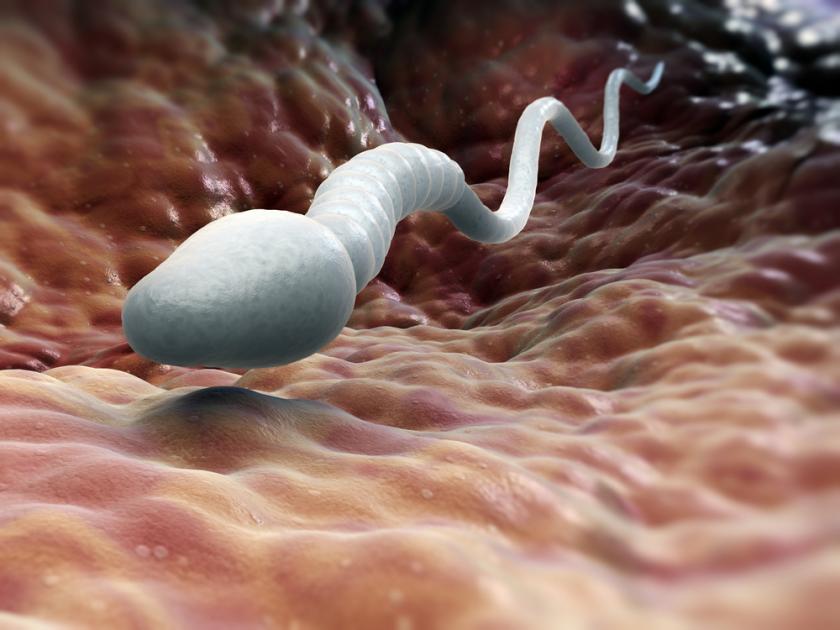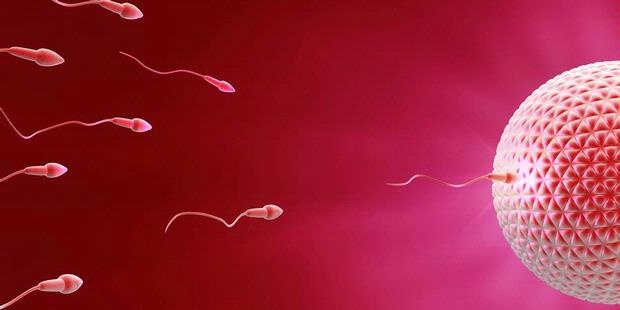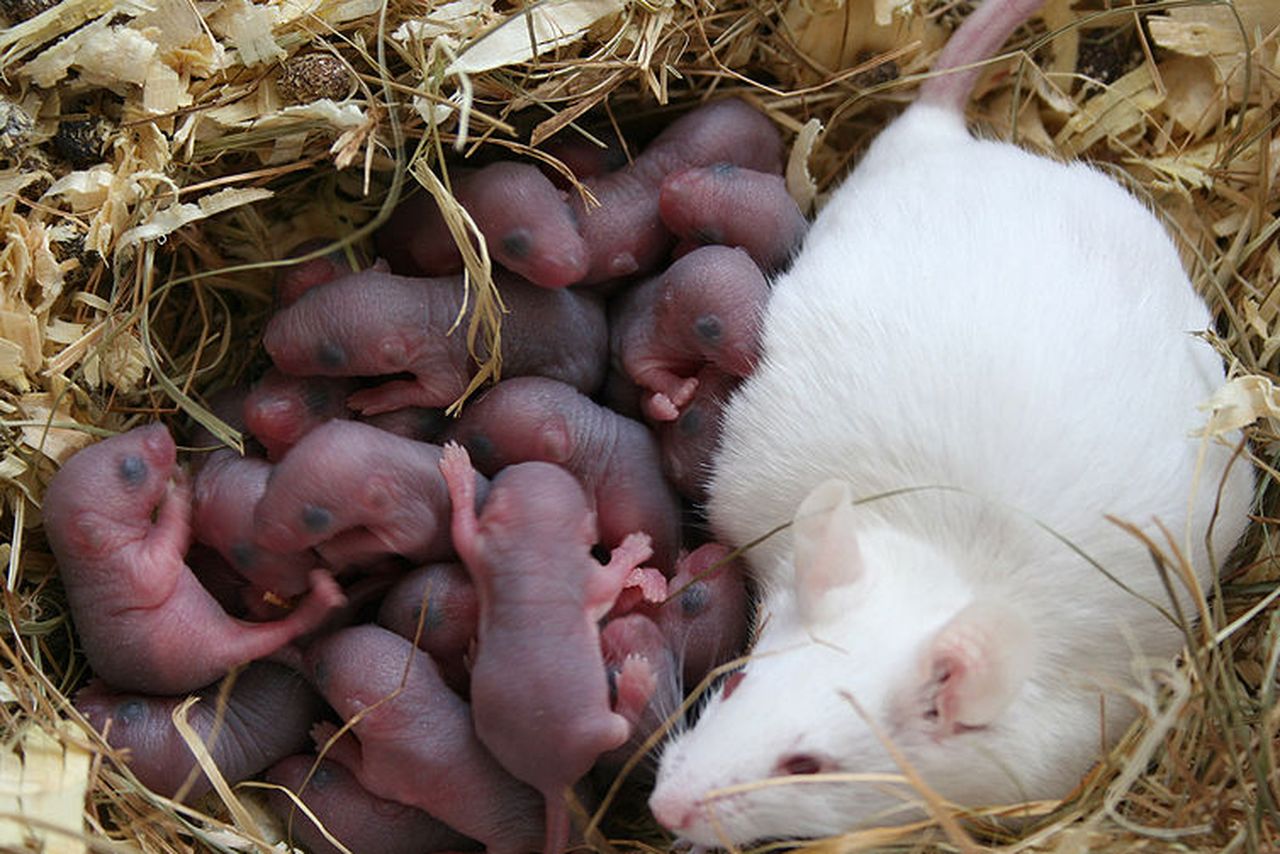
Sperm Science Decoded: Here’s why mouse has longer sperm than elephant
Upon being through the above title, one would certainly be amused to know that sperm of mice is too longer than that of an elephant and many other giant mammals. Doesn’t that sound strange and odd? This mystery has been solved out by a team of researchers from the University of Zurich and University of Stockholm explaining the reasons behind mice having longer sperm than many other mammals.

Research Study Supports Reason Behind Longer Sperm of Mice Than Many Giant Mammals
It was ascertained by the group of researchers that size of a the length of sperm was dependent on the size of the mammals while examining the male gamete of 100 mammalian species. During the research studies, it has been said that length of a mice sperm is 124 micrometers while that of an elephant is merely 56 micrometers long although the giant creature produces nearly 200 billion sperms in a single ejaculate and mouse the produces has 9.5 million sperms in the single ejaculation.

Royal Society B. published the detailed research study in the journal Proceedings. University of Zurich, study co-author Stefan Leupold said, “Since elephants are bigger than mice, it seems that their sperm has a higher risk of being diluted or lost in the bigger female reproductive tract.” Since the early first discovery of sperms nearly 350 years ago, they have been most diverse cells in terms of size and shape and have been a recurring source of fascination.
Many studies revealed that sperm competition plays a key role in the evolution of sperm and in fertilization of the female’s eggs which varies the length of the viral element. Usually, this competition takes place among them after their ejaculation during the intercourse of male and female mammals to fertilize the eggs in the ovum. During this process, there is more competition among sperms what is common is small rodents, such as mice and rats, than in larger animals.
Considerably, the length of rodents sperms is twice than that of larger carnivores, ungulates, primates or even whales. During the research by two researchers during their joint consideration of sperm size and number, it is being said that compared to the monogamous counterparts, species facing intense sperm competition invest more in their ejaculates on average. This research study was carried out by two researchers with the help of new meta-analytical methods.

It was disclosed with this research study that the length or the number of sperms is more important actually depends on the size of the animals. Sperms length varies over the bigger the animal size and its greater selection pressure on the overall investments during the ejaculation. The main reason behind this is said to be more voluminous female reproductive tract in which the sperm usually gets lost or diluted. Sperm length or speed probably comes into effect only if an increasing amount of sperm manage to get near the egg in larger species. Although the distance for sperm to cover is shorter and the risk of loss much smaller in smaller species allowing the advantage of longer sperm to manifest itself.
University of Zürich, faculty John Fitzpatrick and his colleague Stefan Lüpold claimed that their research study has found that how competition between sperm from different males and the size of the female reproductive tract act upon the phylogenies of sperm in 100 mammalian species. Overall research study proved that the longer sperm, the less can be produced. They said, “We show that males invest more in sperm size and number in species where sperm from multiple males compete to fertilize eggs compared to monogamous species.”
John Fitzpatrick and Stefan Lüpold research study revealed that the size of the female influences whether it is better for a male to produce longer or more sperm. Within the bigger reproductive tracts of females, there are higher possibilities of losing or dilution of sperm during their journey to the egg. Hence therefore in giant mammals males produce a lot of tiny sperms which on the contrary small species produce comparatively longer sperm so as to have the easier time finding the egg.